Three features that IoT smart devices must have to be secured
By MYBRANDBOOK
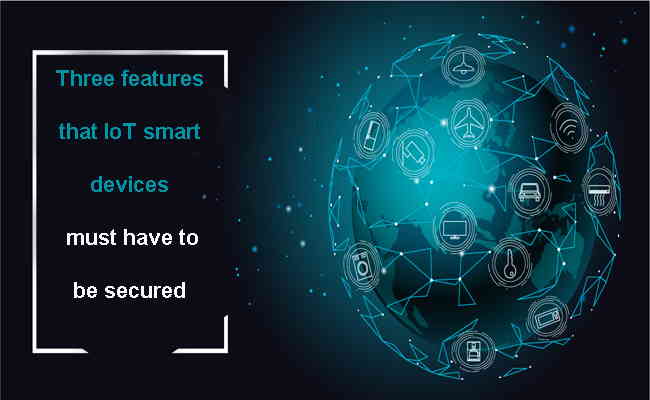
All Internet of Things and consumer smart devices will need to adhere to specific security requirements, under new government proposals.
The aim of the legislation is to help protect UK citizens and businesses from the threats posed by cyber criminals increasingly targeting Internet of Things devices.
By hacking IoT devices, cyber criminals can build an army of devices that can be used to conduct DDoS attacks to take down online services, while poorly-secured IoT devices can also serve as an easy way for hackers to get into networks and other systems across a network.
The proposed measures from the Department for Culture, Media and Sport (DCMS) have been developed in conjunction with the UK's National Cyber Security Centre (NCSC) and come following a consultation period with information security experts, product manufacturers and retailers and others.
"Our new law will hold firms manufacturing and selling internet-connected devices to account and stop hackers threatening people's privacy and safety," said Matt Warman, minister for digital and broadband at DCMS.
They also follow on from the previously suggested voluntary best practice requirements, but the legislation would require that IoT devices sold in the UK must follow three particular rules to be allowed to sell products in the UK. They are:
All consumer internet-connected device passwords must be unique and not resettable to any universal factory setting.
Manufacturers of consumer IoT devices must provide a public point of contact so anyone can report a vulnerability and it will be acted on in a timely manner
Manufacturers of consumer IoT devices must explicitly state the minimum length of time that the device will receive security updates at the point of sale, either in store or online
It is currently unclear how these rules will be enforced under any future law. While the government has said that its "ambition" is to introduce legislation in this area, and said this would be done "as soon as possible", there is no detail on when this would take place. A DCMS spokesperson told ZDNet that the department will be working with retailers and manufacturers as the proposals move forward.
Many connected devices are shipped with simple, default passwords that in many cases can't be changed, while some IoT product manufacturers often lack a means of being contacted to report vulnerabilities – especially if that device is produced on the other side of the world.
In addition to this, it's been known for IoT products to suddenly stop receiving support from manufacturers, and providing an exact length of time that devices will be supported will allow users to think about how secure the product will be in the long term.
If products don't follow these rules, the new law proposes that these devices could potentially be banned from sale in the UK.
"Whilst the UK Government has previously encouraged industry to adopt a voluntary approach, it is now clear that decisive action is needed to ensure that strong cybersecurity is built into these products by design," said Warman.
"Our new law will hold firms manufacturing and selling internet-connected devices to account and stop hackers threatening people's privacy and safety. It will mean robust security standards are built in from the design stage and not bolted on as an afterthought," he added.
"Smart technology is increasingly central to the way we live our lives, so the development of this legislation to ensure that we are better protected is hugely welcomed," said Nicola Hudson, policy and communications director at the NCSC.
"It will give shoppers increased peace of mind that the technology they are bringing into their homes are safe, and that issues such as pre-set passwords and sudden discontinuation of security updates are a thing of the past."
The UK isn't alone in attempting to secure the Internet of Things -- ENISA, the European Union's cybersecurity agency, is also working towards legislation in this area, while the US government is also looking to regulate IoT in an effort to protect against cyberattacks.
(The article was first published in ZDNET and is authored by Danny Palmer)
"


Legal Battle Over IT Act Intensifies Amid Musk’s India Plans
The outcome of the legal dispute between X Corp and the Indian government c...

Wipro inks 10-year deal with Phoenix Group's ReAssure UK worth
The agreement, executed through Wipro and its 100% subsidiary,...

Centre announces that DPDP Rules nearing Finalisation by April
The government seeks to refine the rules for robust data protection, ensuri...

Home Ministry cracks down on PoS agents in digital arrest scam
Digital arrest scams are a growing cybercrime where victims are coerced or ...

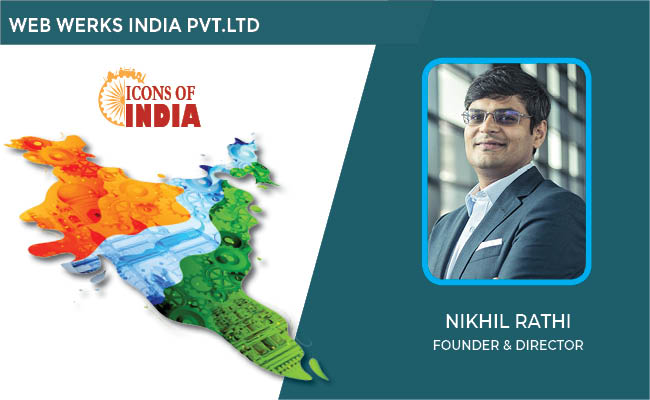
Icons Of India : NIKHIL RATHI
Co-founder & CEO of Web Werks, a global leader in Data Centers and Clo...
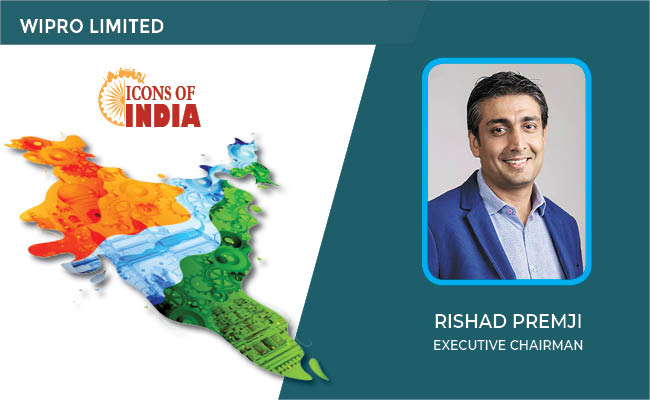
ICONS OF INDIA : RISHAD PREMJI
Rishad Premji is Executive Chairman of Wipro Limited, a $11.3 billion ...

ICONS OF INDIA : SANJAY GUPTA
Sanjay Gupta is the Country Head and Vice President of Google India an...

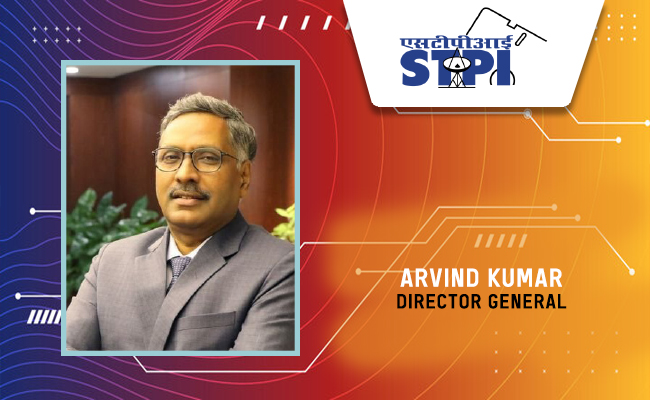
STPI - Software Technology Parks of India
STPI promotes and facilitates the growth of the IT and ITES industry i...
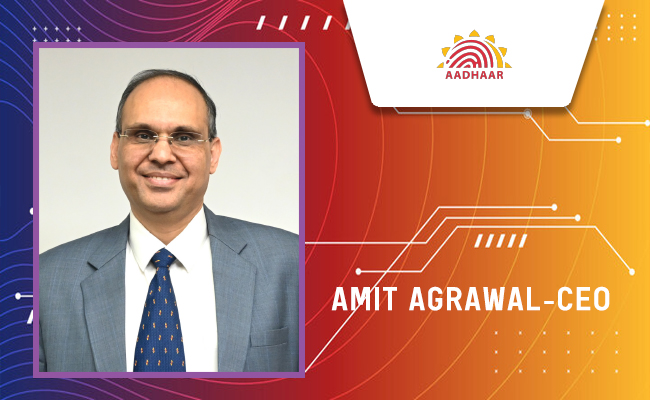
UIDAI - Unique Identification Authority of India
UIDAI and the Aadhaar system represent a significant milestone in Indi...
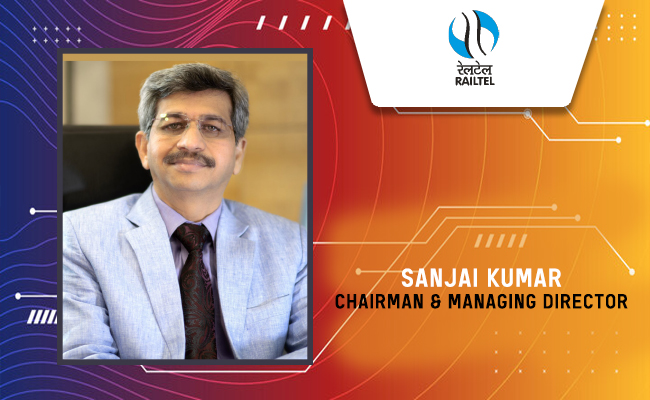
RailTel Corporation of India Limited
RailTel is a leading telecommunications infrastructure provider in Ind...


Indian Tech Talent Excelling The Tech World - Vinod Dham, Founder & Executive Managing Partner, IndoUS Venture Partners
Vinod Dham, known as the “Father of the Pentium Chip,” has left an...

Indian Tech Talent Excelling The Tech World - Steve Sanghi, Executive Chair, Microchip
Steve Sanghi, the Executive Chair of Microchip Technology, has been a ...

Indian Tech Talent Excelling The Tech World - Sundar Pichai, CEO- Alphabet Inc.
Sundar Pichai, the CEO of Google and its parent company Alphabet Inc.,...
 of images belongs to the respective copyright holders
of images belongs to the respective copyright holders